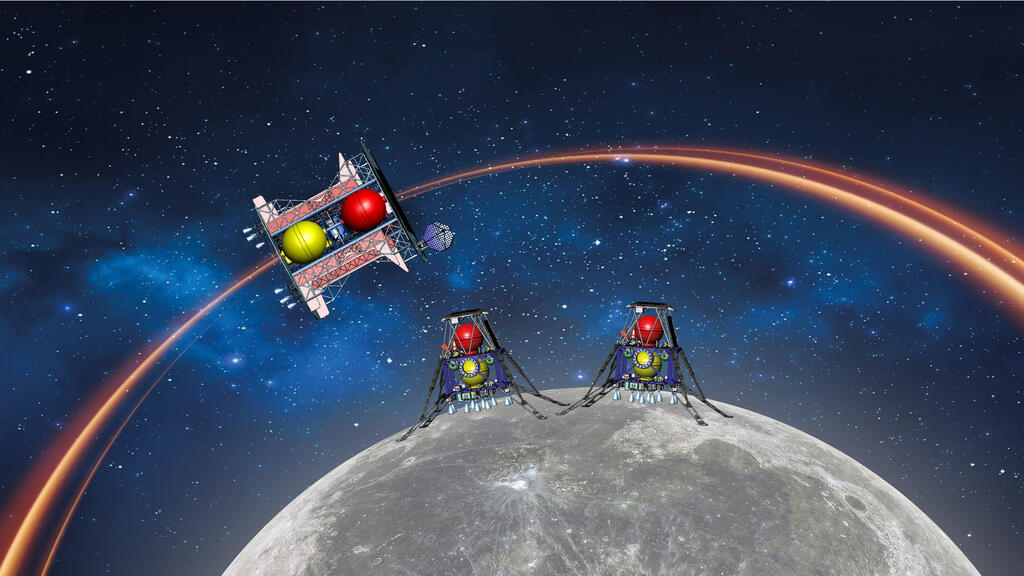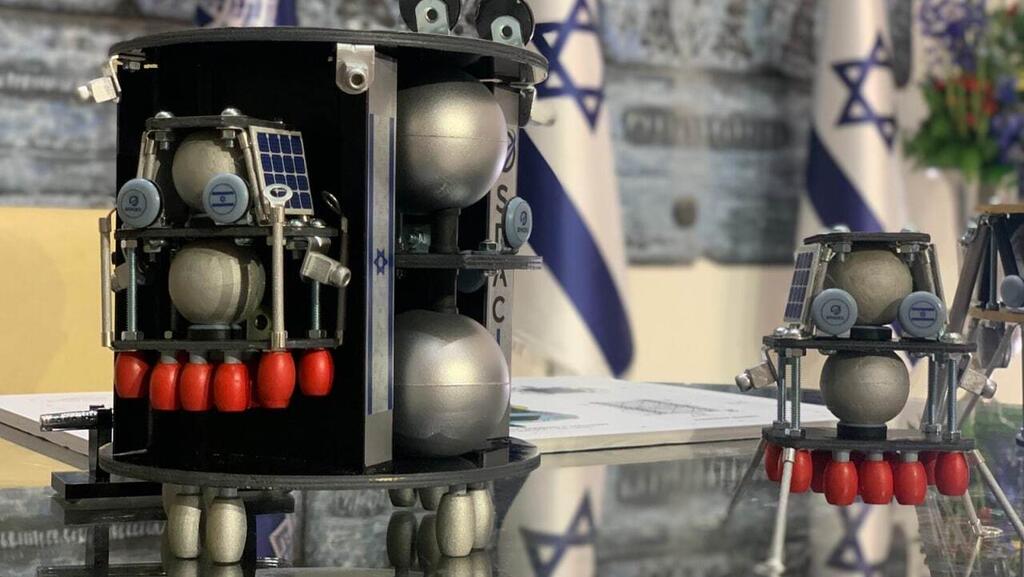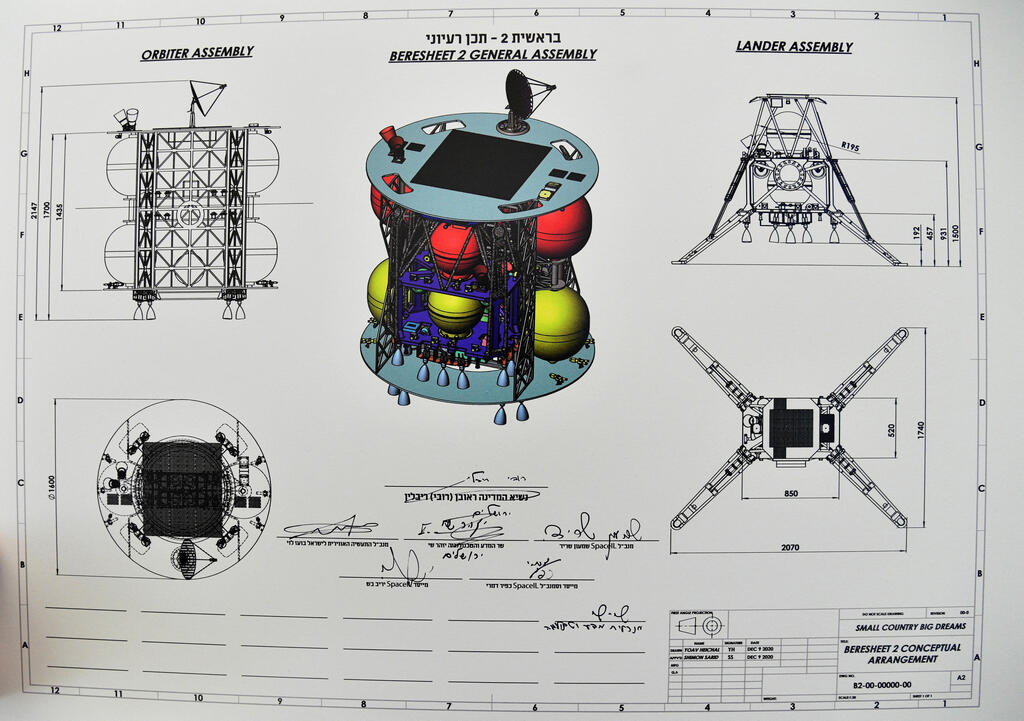The first experiment chosen to be conducted on board the Israeli spacecraft Beresheet2, which is set to be launched on a moon mission in 2025, will test the efficacy and durability of different drugs for astronauts on long missions in deep space.
Mission operator SpaceIL is also currently examining additional experiments that will be integrated into Israel's second-ever moonshot.
The first selected experiment is led by Prof. Sara Eyal of the Hebrew University in Jerusalem and is designed to test the stability of medicines in lunar orbit over time.
The experiment will be performed on several life-saving drugs and other types of medication which contribute to a better standard of living in space. Researchers say that drugs that are commonly used by astronauts in space include sleeping pills, painkillers and antibiotics.
The use of drugs on space missions can be challenging due to prolonged mission times, lack of resupply, and prolonged exposure to radiation in space. In addition, the inability to evacuate team members in case of an emergency leaves no room for error, so a patient needs to be treated in space.
3 View gallery


A simulation of the mission — two spacecraft set to land on the moon, while another will remain in lunar orbit
(Photo: SpaceIL)
In addition, the medicines taken into space must remain safe and effective throughout the entire duration of the mission, which can last for years, such as missions to Mars or colonization of the moon. However, the limited data presently available suggest that drugs will break down faster in space compared with Earth — most likely as a result of the higher radiation in space. This process may lead to a loss of effectiveness of the drugs or create toxic waste products that could endanger the lives of astronauts.
The experiment will help to determine which drugs are more durable in space and how they are affected by extraterrestrial conditions over time.
SpaceIL said the experiment will be carried out throughout Beresheet2's entire time in space. The results would be transmitted to earth, analyzed by scientists, and subsequently published for future voyages. The non-profit also said the results could help select drugs that fit deep space and can make all the difference between a mission's success and failure.
The experiment will be conducted in a sealed container attached to the spacecraft which will remain in lunar orbit for several years. A mini-lab, developed by Israeli firm Space Pharma, will be installed in a sealed box on the spacecraft and will monitor the medicines using specialized lasers. It will then transmit the data to a computer on board Beresheet2, which will broadcast it back to Earth.
According to the mission plan, upon reaching the moon two probes will detach from Beresheet2 and land on different sides of the moon, whereas the mothership will remain in lunar orbit for two to five years with the medicines on board. This will be the first-ever dual lunar landing and the smallest spacecraft to ever perform a soft landing on the moon.
This mission comes after the original Beresheet mission which failed in 2019 after the spacecraft crashed into the moon due to what operators described as a technical malfunction.



